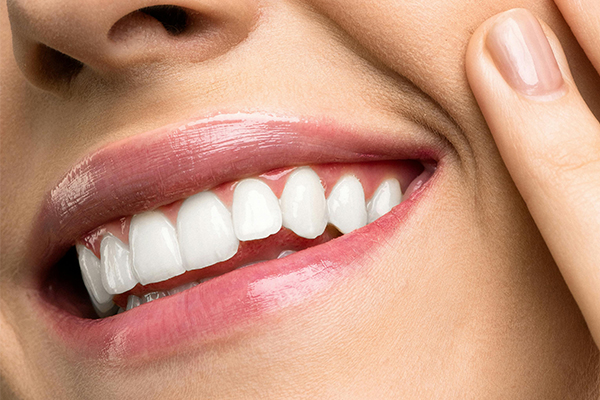
Fundamentals of Daily Oral Hygiene
The cornerstone of a healthy smile is rigorous daily oral hygiene. Here’s how to perfect your routine:
1. Brushing Techniques:
- Choose the Right Tools: Opt for a soft-bristled toothbrush that comfortably fits the contours of your mouth and teeth. An electric toothbrush can be more effective in reducing plaque and gingivitis than manual brushing.
- Brush Properly: Position your brush at a 45-degree angle to your gums and use short, gentle strokes. Pay special attention to the outer, inner, and chewing surfaces of your teeth. Brush at least twice a day for two minutes to ensure thorough cleaning.
- Don’t Forget Your Tongue: Bacteria also reside on your tongue. Brushing it can help reduce mouth odor and prevent oral health problems.
2. Flossing Daily:
- Technique Matters: Break off about 18 inches of floss and wind it around your index fingers, leaving a few inches to work with. Slide it gently up and down between your teeth, curving it around each tooth below the gumline to remove plaque and food particles.
3. Rinse with Mouthwash:
- Select the Right Formula: Use a therapeutic mouthwash to help reduce plaque, prevent gingivitis, and control tartar formation. Ensure it is alcohol-free to avoid drying out your mouth, which can lead to a decrease in saliva production.
Dietary Habits for Oral Health
Your diet plays a critical role in maintaining dental health.
1. Essential Nutrients:
- Calcium and Vitamin D: These nutrients are vital for maintaining healthy teeth and gums. Include plenty of milk, cheese, yogurt, and leafy greens in your diet.
- Phosphorus: Found in eggs, fish, and lean meat, phosphorus helps strengthen your teeth.
2. Foods to Embrace and Avoid:
- Crunchy Fruits and Vegetables: Apples, carrots, and celery act like natural toothbrushes. Eating them increases saliva production, which neutralizes the bacteria-causing acids.
- Limit Sugars and Acids: Frequently consuming foods and drinks high in sugars and acids can lead to tooth decay. Limit your intake and brush or rinse your mouth afterward to minimize their impact.
The Importance of Regular Dental Visits
No dental care regimen is complete without regular checkups.
Professional Cleanings:
- Tartar Removal: Even the most diligent brushing and flossing can miss spots, especially in hard-to-reach areas. Professional cleanings are essential to remove tartar that can lead to gum disease.
- Polishing: Regular cleanings include polishing to remove surface stains on your teeth.
Preventative Care:
- Sealants and Fluoride Treatments: These can be part of your routine visits to help protect your teeth from decay.
- Regular X-Rays: These allow your dentist to detect problems that are not visible to the naked eye, such as impacted teeth, abscesses, or jawbone damage.
Impact of Lifestyle Choices on Oral Health
Several lifestyle choices can affect your dental health, either positively or negatively.
Smoking and Oral Health:
- Consequences: Smoking can stain teeth, cause gum disease, and increase the risk of oral cancer. Quitting smoking is crucial for improving oral and overall health.
Hydration:
- Saliva Production: Staying well-hydrated is essential for saliva production, which plays a key role in oral health by helping to wash away food particles and neutralize acids.
Stress and Teeth Grinding:
- Impact: Stress can lead to unconscious teeth grinding, which can cause tooth damage. Managing stress and using a mouthguard can protect your teeth.
Conclusion
Maintaining a healthy smile is about more than just aesthetics; it’s crucial for your overall health. By adopting a comprehensive oral hygiene regimen, making smart dietary choices, visiting your dentist regularly, and managing lifestyle factors, you can ensure your teeth and gums remain healthy. Remember, each small habit contributes to a bigger picture of health. Embrace these practices and keep smiling with confidence.
